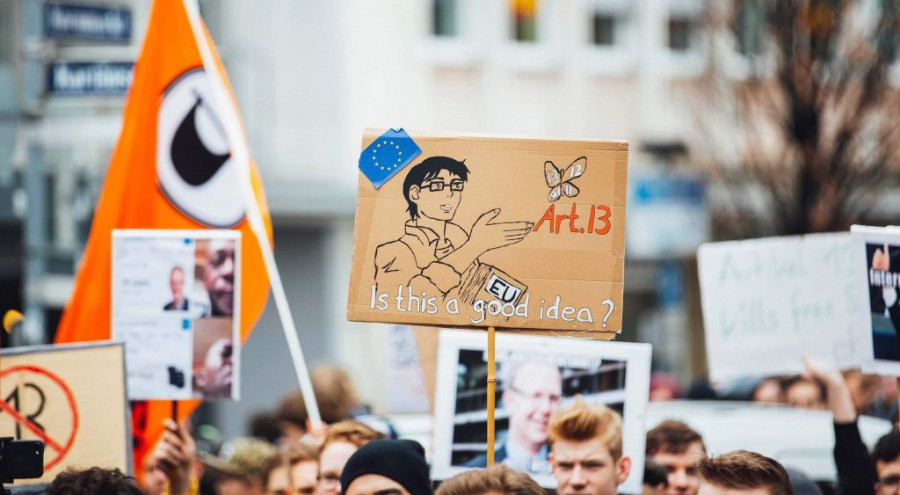-
Within hours of the recent mass shooting at a New Zealand mosque by a far-right terrorist, the country's authorities were scrambling to ensure a sickening video the murderer streamed on Facebook was barred from the nation's screens. Due to the nature of the Internet, the task of removal proved very difficult. But eventually, the government succeeded — using controversial tactics usually associated with Internet censorship by authoritarian regimes. For some, the action of one highly democratic nation was a worrying reminder that Internet freedom should not be taken for granted. For others it was a triumph of taste and decency over a Wild West online community that still refuses to accept regulation while simultaneously failing to take responsibility for its actions. Versions of this debate are being played out around the world, as authorities, online companies, journalists and web professionals try to strike a balance between free speech and protecting Internet users from highly
